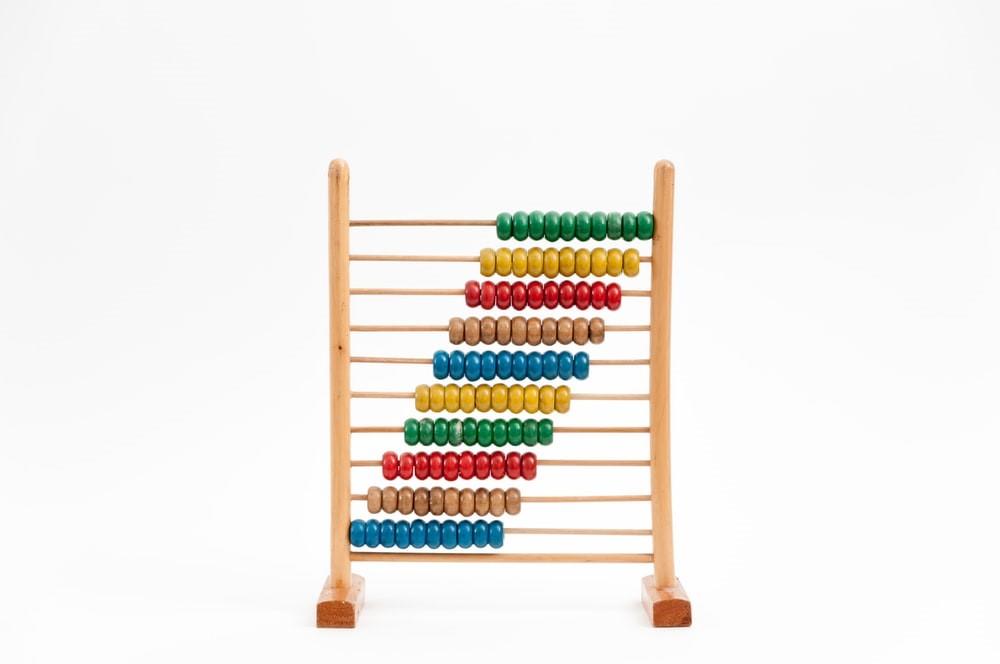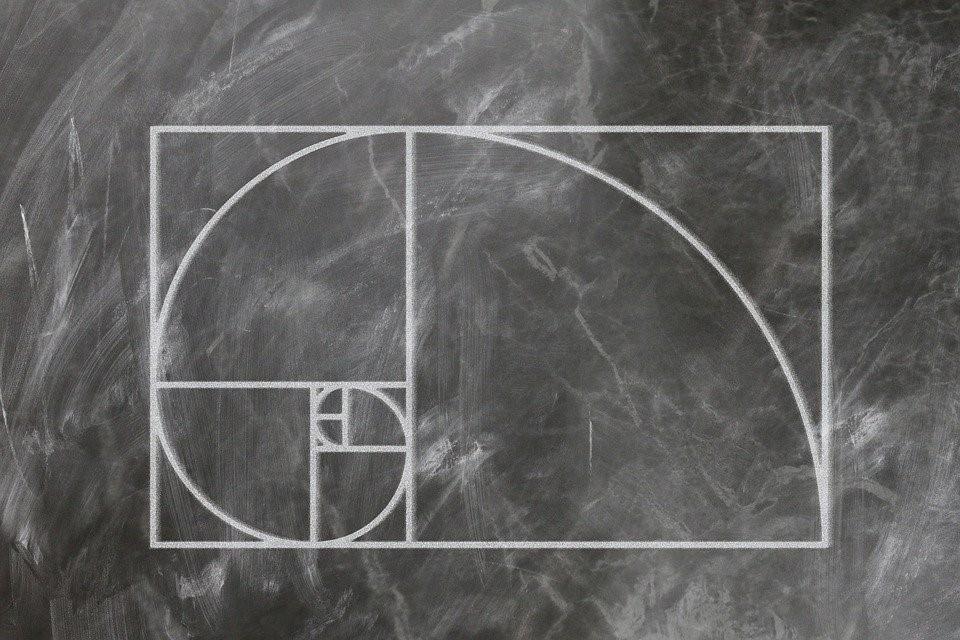Whether you're applying for a diploma, a Bachelor's, or a Master's degree, you will need a certain level of proficiency in math to qualify for the program.
Math classes are barely ever anyone's favorite; they have been a bane for most students, bringing back some not-so-pleasant memories.
However, if you're thinking of continuing your studies, you will need to perfect your math skills to a certain desired level.
It's also a pertinent question to ask whether we will even need maths in the real world if we don't plan on following a math career.
Nearly every student has asked this question when frustrated by the abstract nature of some math topics! Although, the answer is a loud and resounding yes!
We need math throughout our life, not only for a math degree. And regularly practicing it hones our problem-solving skills, improves our data collection skills, and teaches us to think analytically.

If you're still nervous about studying math or brushing up on core concepts for a standardized test, here are some ways to get yourself ready:

Becoming Mentally Ready For Advanced Math
When preparing for college and university math, know that you will be sharpening your academic understanding and studying skills, making you all the more equipped for your future career.
Regardless of which degree you're planning to enroll in, it never hurts to sharpen your math skills. These skills will be regularly tested in your adult life, with or without your consent.
Some key concepts you will have to further improve upon include:
- Equations
- Geometric concepts
- Fractions
- Decimals
However, even if you don't enroll in a mathematics degree, signing up for university-level courses can help you develop critical thinking skills.
Remember, it's essential to ask for help early on. If you're struggling with basic concepts from high school or elementary school mathematics, don't fear seeking help.
Most students who face math struggles early on in their academic lives completely write off the subject, but everyone can improve at math and at any age.
It's true that math correlates to other analytical and problem-solving cognitive functions, so some professionals may be more suited to it as they start working.
Therefore, students should spend ample time researching how math applies to their university program and the career they wish to take.
Usually, a high school counselor would be best suited to guide them. But they can also ask their parents and teachers.
Required Math Courses For Non-Mathematics Degree
Even if you're not planning on embarking on a math degree in under-grad or post-grad, it's a good idea to revise your math concepts since most degrees require some basic knowledge of math skills.
Search through the required courses for your degree and check how many math credits are needed to qualify in addition to the math courses you are already studying as a part of the program.
Hence, let's have a look at some degree programs and their required math courses:
Business Administration
Math is key to any business degree as it forms a vital core of accounting and economics courses; it is also a foundational part of business administration degrees.
Some math courses generally required for a business degree include:
- Algebra
- Calculus
- Statistics
- Economics
- Accounting

STEM Program
STEM programs incorporate a mix of science, design, and math. And any tech program requires applicants to have a strong background in the latter.
Most top mathematics universities feature STEM programs, while most science and tech universities allow their students to major in math.
Some of the required courses in a STEM program might include:
- Algorithms
- Calculus
It also includes courses like databases which require background knowledge of mathematics.
Health Sciences
While it might seem like math and health sciences do not correlate, health science students are required to gather and analyze data pertaining to public health, which includes:
- Graphs
- Tables
Health science programs usually include statistics and college algebra as a part of their required math courses. And these programs rely on math skills for practical application.
"What can you do with a math degree?" is a common question that most students ask. A strong base in math can equip students for a career in statistics, data sciences, actuarial sciences, finance, and many more fields.
University Study Guides
Many of the best math universities provide prospective students and applicants with preparation guides for their upcoming classes.
These guides can also be used for other courses, university programs, and degrees since they're similar in content.
And if you're preparing for university, you can also find separate study guides for math courses like algebra and statistics.
Using prep guides can help you develop independent study skills, which may prove fruitful for you during your university studies and even in a job.


Prep Books
There are several prep books designed to help students brush up on math concepts. And each one differs according to the broader discipline you're studying, year of study, and specialization.
You can search for math books by particular topics, like algebra and trigonometry, or those that focus on specific levels, such as a freshman year math book.
Initially, we would recommend choosing books that cover the entire high school and junior high school math curriculum to help you catch up on core concepts you may have forgotten.
You can opt for paperbacks or e-textbook versions depending on how you prefer to practice. But either way, remember that the key to good practice is discipline and self-motivation.
Try to set a study routine and adhere to it diligently, regardless of which book or topics you're covering. It also helps to make a study calendar, or if you need extra help, hire a maths tutor.
Study Groups
If you're struggling with college math prep, it's very likely that your friends and peers are also. In this situation, forming a peer study group can help all of you with your arithmetic struggles!
Use social media or ask around in your social circle to connect with people interested in forming a math study group.
Study groups are a great way to brainstorm with each other and share insights for your math problems. Throwing around logic and ideas usually results in better learning.
Find A Math Tutor
If none of the aforementioned ways seem to help your math prep, it's time to hire the services of a private math tutor. If you're willing to pay for a personal tutor, there's no better option.
Every student has a different learning trajectory. While prep books and study guides cater to a general audience, a personal tutor can customize lessons to cater to your learning needs.
If you're in New York and need even more personalized assistance, consider working with a math tutor near me to help boost your confidence.
How Can Teachers Make Math More Interesting?
While math is generally a complicated subject, the right teacher can make all the difference to how a student approaches it.
A math tutor can make the subject engaging for their students and present math concepts in a fresh light. The key to this includes incorporating practical examples and explanations in their lesson plans.
Practical techniques can help take away the monotony of math classes and enable students to remember key concepts better.
While it is much easier to incorporate practical examples in science degrees and programs, making math engaging at the undergraduate level is not hard either.
As mathematics has practical implications in almost every field, giving real-life examples of its applications is relatively straightforward.
Furthermore, teachers can let students know when they miss a core concept before moving on to more complex topics.
They can also help students change their perceptions about specific topics. Teachers at the higher level should not reprimand them if they seem to be a little rusty with high school or junior high math topics, but rather work to encourage them to get better.
Lastly, university-level teachers need to motivate their students. Most students seem to struggle with math due to the definitive nature of the subject and the limited scope for subjective answers.
And at the undergraduate and graduate levels, this issue can be exacerbated due to the rigorous nature of advanced math.
While teachers might find it tedious to spoon-feed university students, it can be a defining academic moment for them. It provides them space to learn math with more motivation.
Study Math With A Private tutor
If you're inspired by math and hope to follow a career in the subject, hiring a math tutor to help you prepare for your university program isn't such a bad idea.
Private tutors make the learning process easier two-fold. And if you find one on Superprof, they may even offer a free first session to help you decide if you wish to continue!
Sign up with Superprof and gain access to a wide range of qualified math tutors around you. They will prepare you for undergraduate and graduate programs for the best universities in the United States.
For those in the Atlanta area seeking personalized instruction, finding a math tutor near me can make a significant difference in overcoming challenging topics.
Summarize with AI:
























